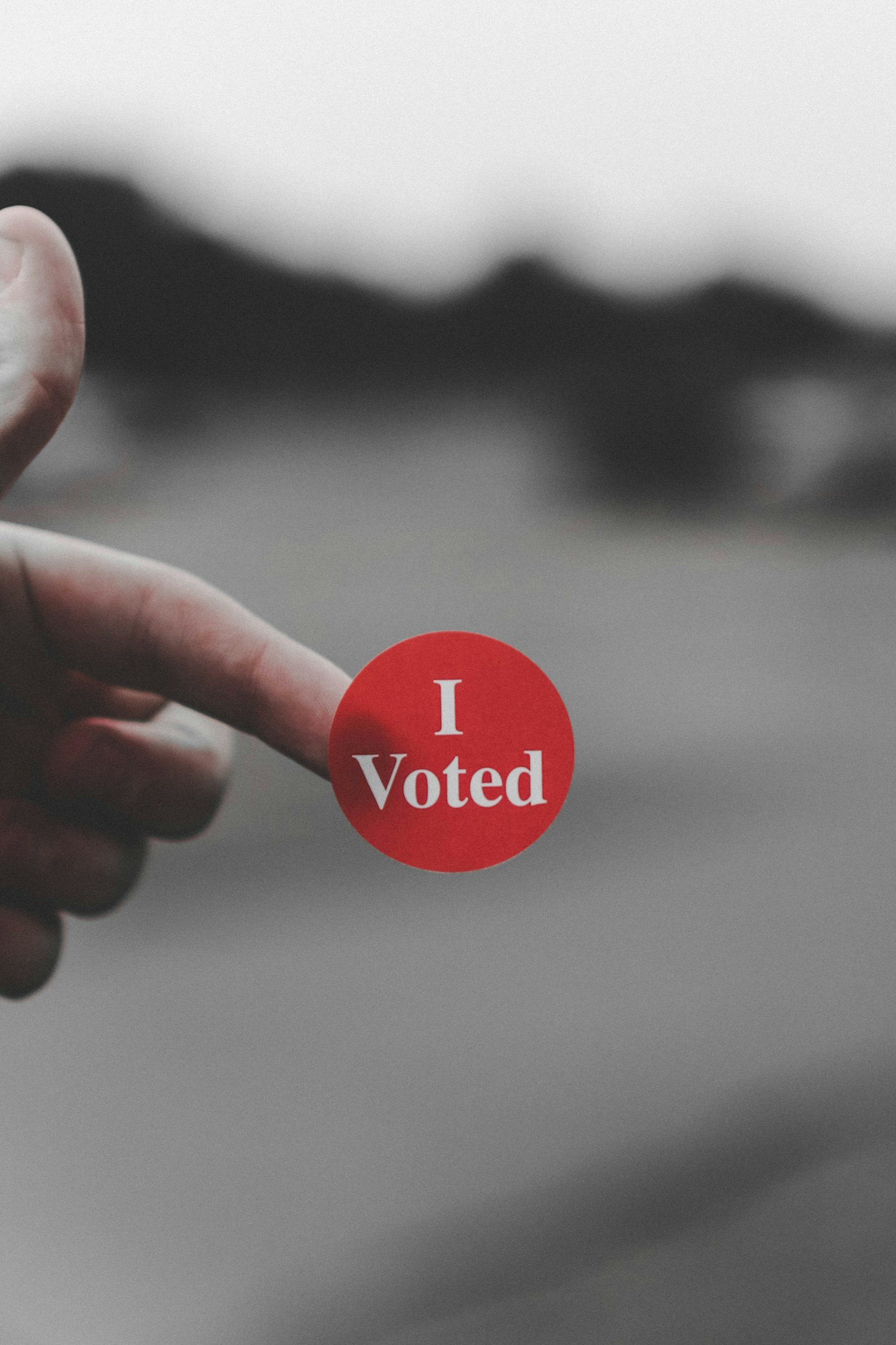What Is Vagal Tone and Why Is It Key to Reducing Anxiety?
You've probably tried all the "right" things for anxiety. You've done the breathing exercises, maybe tried therapy, downloaded meditation apps, read the self-help books. And some of it helped, maybe, but you still feel like your nervous system has a mind of its own.
What Is the Fight, Flight, Freeze, and Fawn Response?
Learn how the fight, flight, freeze, and fawn responses impact anxiety, trauma, and emotional regulation. Discover how to work with your nervous system to feel safer and more in control.
Why Traditional Therapy Sometimes Fails Highly Anxious Clients
If traditional therapy hasn’t helped your anxiety, you’re not alone. Learn why standard approaches can fall short and discover what actually works for highly anxious clients.
Understanding the Neurology of Perfectionism
We all have that little voice inside our heads, don't we? It gently nudges us towards excellence, helping us reach our goals. But what happens when that voice starts demanding flawlessness, pushing us towards an ideal that doesn't exist? Well, friends, that's when we step into the realm of perfectionism. Today, let's delve deeper and understand the neurology behind this concept.
Why Feeling Safe in Your Own Body Can Feel Impossible (And How to Change That)
This isn't about being "spacey" or distracted. This is about your body making a very smart decision to protect you by creating distance from experiences that feel unsafe or overwhelming. The problem is, sometimes that protective mechanism gets stuck in the "on" position, leaving you feeling disconnected from yourself and the world around you.
What Is Co-Regulation and Why Does It Matter for Therapy?
Co-regulation is far more than simply helping someone calm down. It represents a fundamental biological process where one person's regulated nervous system helps another person's dysregulated nervous system find balance and safety. This process forms the cornerstone of healthy relationships, effective therapy, and personal healing.
What Is the Safe and Sound Protocol (SSP) and How Can It Help You?
If you’ve ever felt like your body is constantly stuck in stress mode—unable to fully relax, focus, or feel safe—you’re not alone. Many people struggle with nervous system dysregulation due to anxiety, trauma, ADHD, or sensory processing challenges.
The Safe and Sound Protocol (SSP) is a groundbreaking, science-backed intervention designed to help your nervous system reset, making it easier to experience calm, connection, and focus. Developed by Dr. Stephen Porges, SSP is based on Polyvagal Theory, which explains how our nervous system responds to safety and threat.
SSP uses specially processed music to stimulate the vagus nerve, a key player in emotional regulation, social engagement, and stress resilience.
Can We Ever Feel Safe Again? Coping with Political Upheaval and Uncertainty
When political chaos dominates the headlines, it’s easy to feel like the world is unraveling. Elections, civil unrest, threats to democracy, human rights concerns, and economic instability can all create a lingering sense of fear, uncertainty, and helplessness.
The Psychological Toll of Living Through Historic Events (Over and Over Again)
From political turmoil to global crises, it feels like we’re constantly living through history. Learn how repeated exposure to high-stress events impacts mental health and discover coping strategies to protect your well-being.
Living in the Grip of Anxiety and Perfectionism
Life can sometimes feel like a relentless pursuit of perfection. In our minds, we paint this ideal picture of our lives, what we should achieve, and who we should be. But anxiety creeps in when reality falls short of this ideal, wrapping us in its relentless grip.
Why Political News Feels So Personal And How to Set Boundaries
It’s not just the news—it’s your rights, your future, your identity, and your safety on the line. That’s why politics doesn’t just feel like information—it feels deeply personal.
How Doomscrolling Can Increase Anxiety
Staying up-to-date on world issues is an admirable thing, but consuming stories endlessly to avoid feeling ignorant can be harmful to your mental health. The same sentiment goes for over-consuming aspirational content in the name of bettering yourself when, in reality, you use it to dock points against yourself.
Or, as psychologists call it, doomscrolling.
Taking Care of Your Mental Health in a Time of Political Chaos
Political chaos can take a serious toll on your mental health. Learn how to manage political anxiety, set boundaries with news, and stay engaged without emotional exhaustion.
Fear of the Future: Managing Anxiety About What Comes Next in the U.S.
Uncertainty about the future of the U.S. can be overwhelming. Learn how to manage anxiety about political instability, economic uncertainty, and social change while staying engaged without burnout.
How to Cope with Political Anxiety When It Feels Like Everything Is at Stake
Political anxiety can feel overwhelming, especially when the stakes are high. Learn how to stay informed without burnout, manage stress, and take action without letting fear take over.
When Democracy Feels Fragile: Coping with Fear About the Future
Feeling anxious about the state of democracy? You’re not alone. Learn how to manage political anxiety, stay informed without feeling overwhelmed, and regain a sense of control during uncertain times.
Doomscrolling and Political Anxiety: How to Stay Informed Without Feeling Overwhelmed
Feeling overwhelmed by political news? Doomscrolling can fuel anxiety and stress. Learn how to stay informed without spiraling, set healthy boundaries, and protect your mental health in a chaotic news cycle.
Feeling Helpless About Politics? How to Reclaim a Sense of Agency
Political anxiety can make you feel powerless, but you don’t have to stay stuck. Learn how to shift from helplessness to action, set boundaries with news consumption, and make a meaningful impact without burnout.
Taming the Beast: How Perfectionism Feeds Anxiety
Have you ever felt that deep, unsettling sensation that no matter how hard you try, your work is never "good enough"? You may be someone who believes in giving their best, always, and this sounds familiar. This is the crux of perfectionism. It's not about striving to be the best - it's about the relentless pursuit of an unattainable standard. It's about the fear of failure, of being seen as "less than."
Now, let's think about anxiety. It's that nagging feeling of unease. The cold dread wakes us in the middle of the night. It's the chronic worry that something bad is about to happen.
Gen-Z and Why They Can’t Avoid Anxiety
Gen Z gets stereotyped for a lot of different reasons, but if you’re a part of that generation, you probably know that so many of those tropes aren’t true. In fact, what most people don’t realize is that many Gen Zers struggle with anxiety.
Sound familiar?
Anxiety has become so normalized with Gen Z that you’ll probably be hard-pressed to find someone in the generation who doesn’t deal with it on some level. But, why? Why are younger generations seemingly so more susceptible to anxiety, and what does it mean for your future?
There are many factors that can play into the anxiety impacting Gen Z. If you’re a part of this generation and tend to struggle with anxious thoughts and feelings, understanding the “why” can be the first step in fighting back.



















